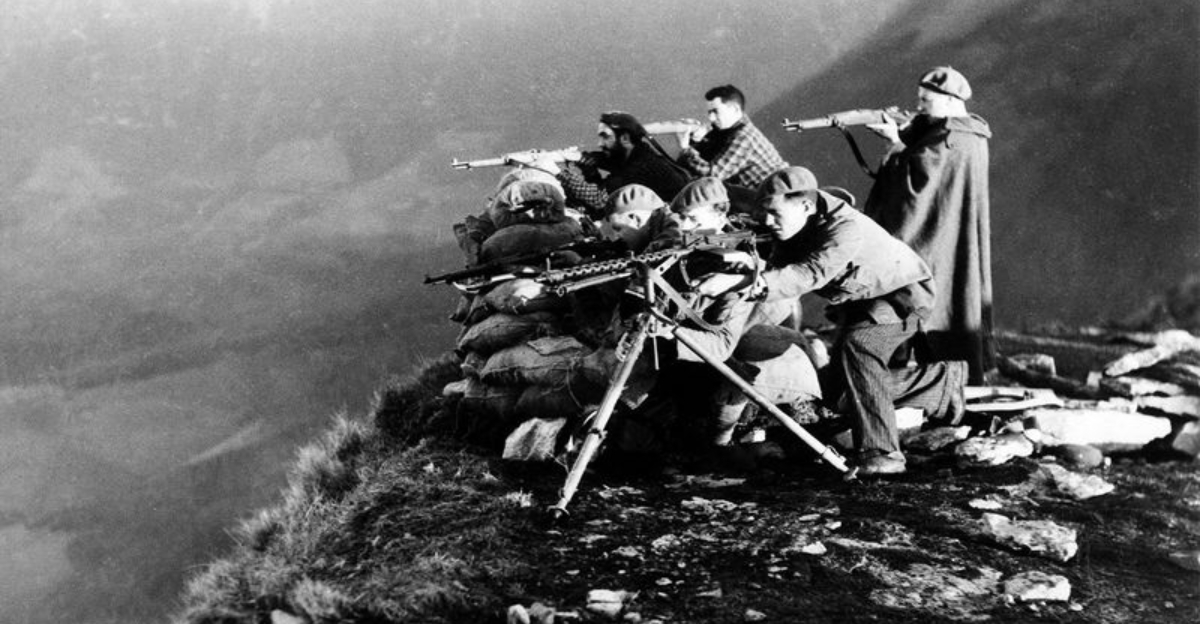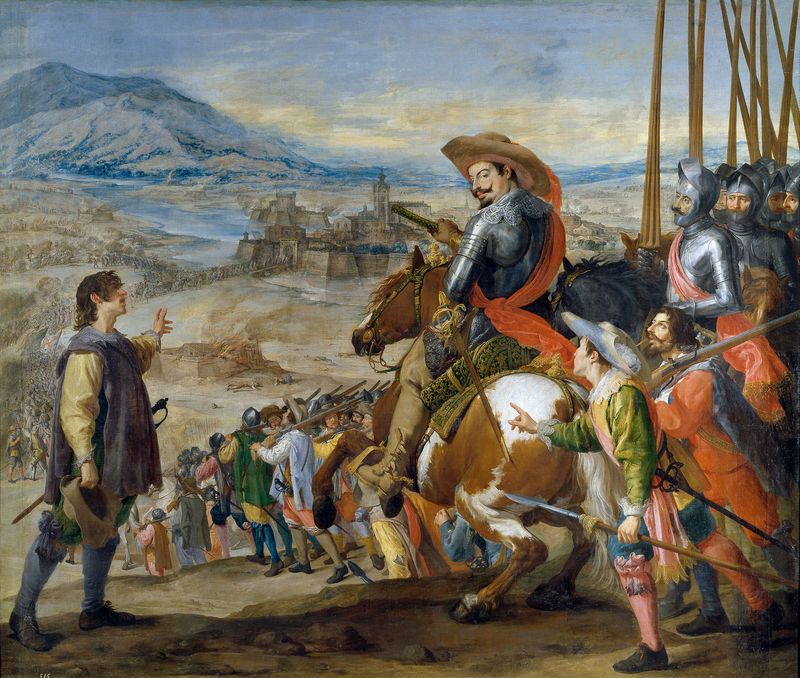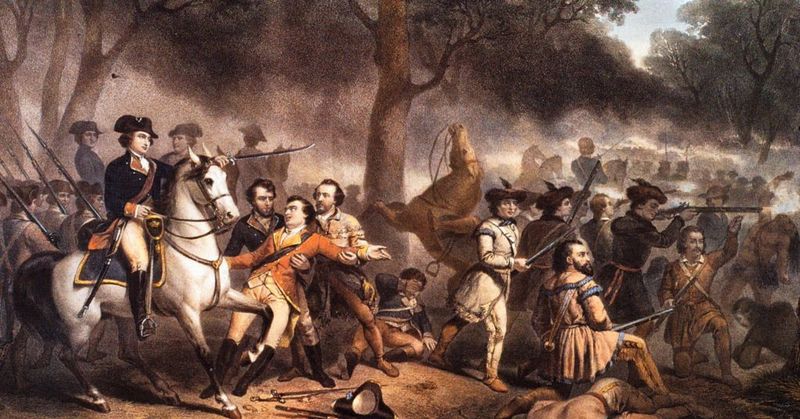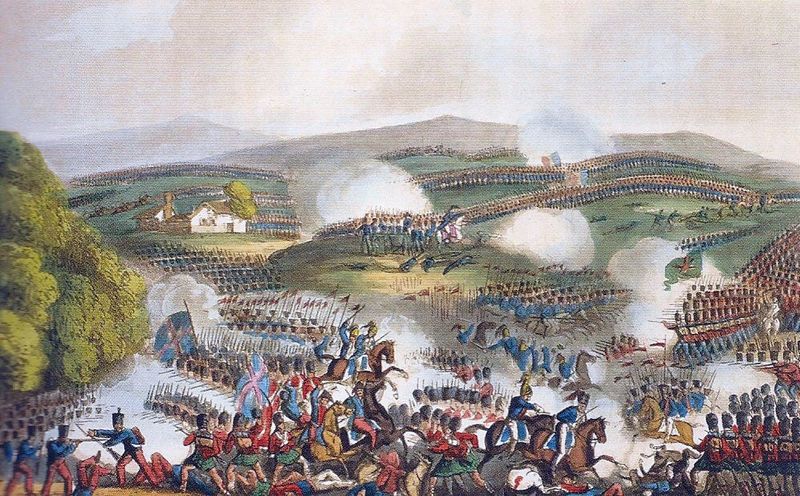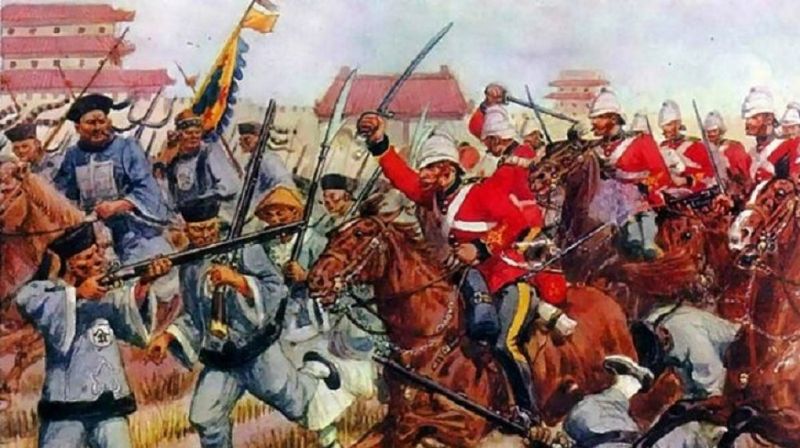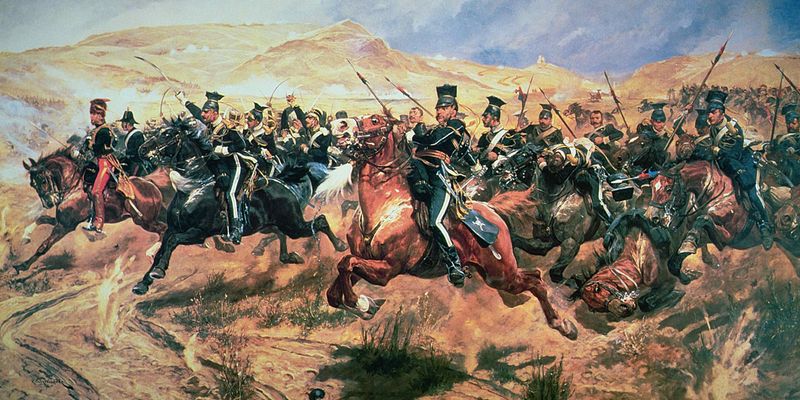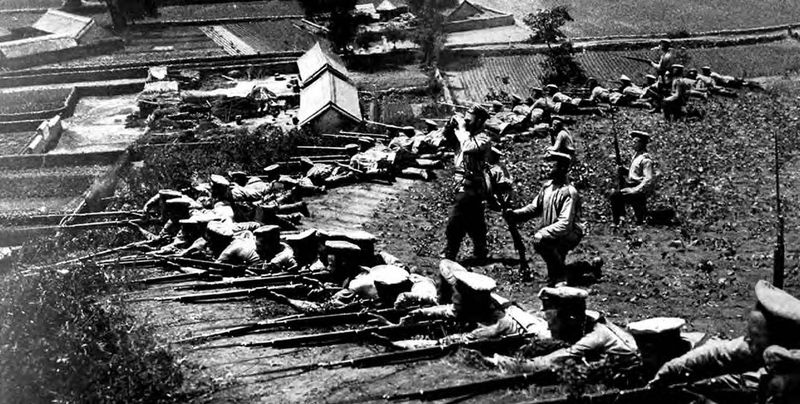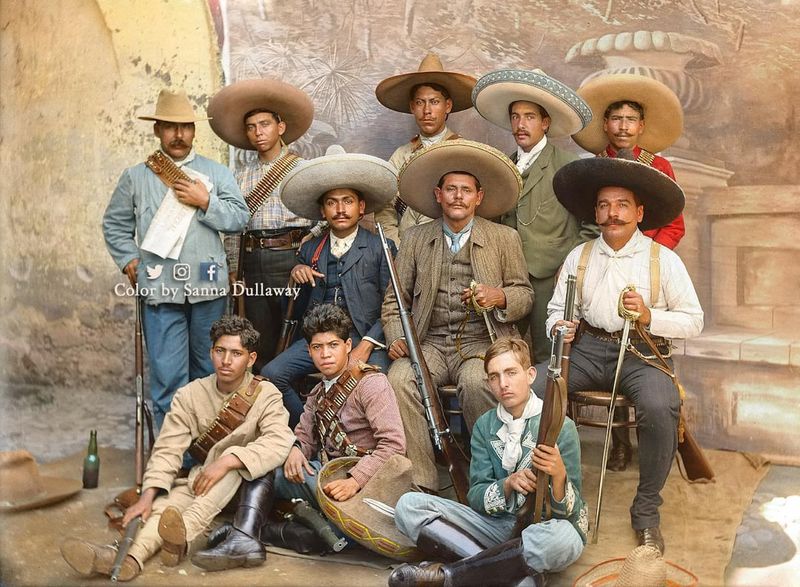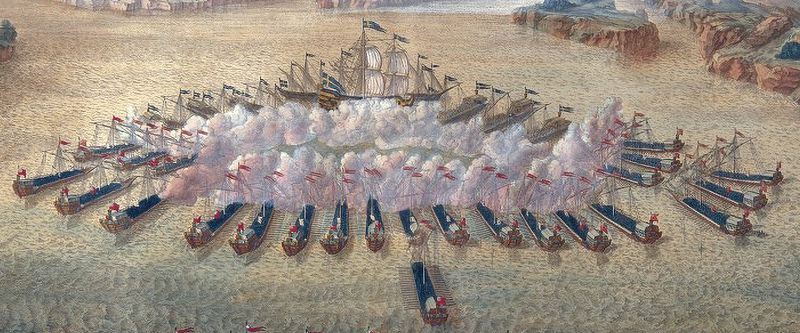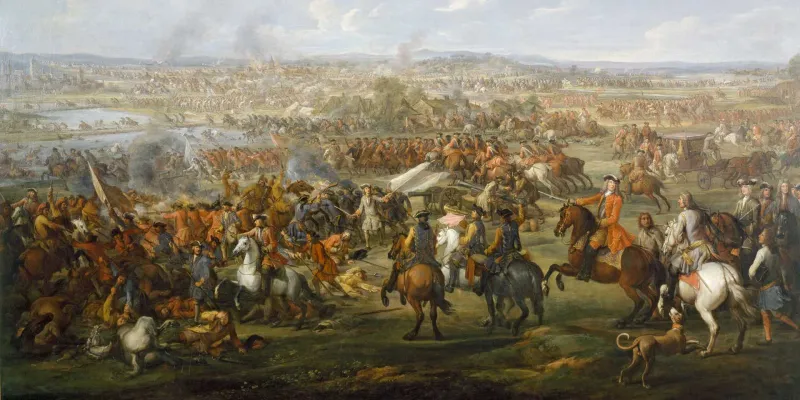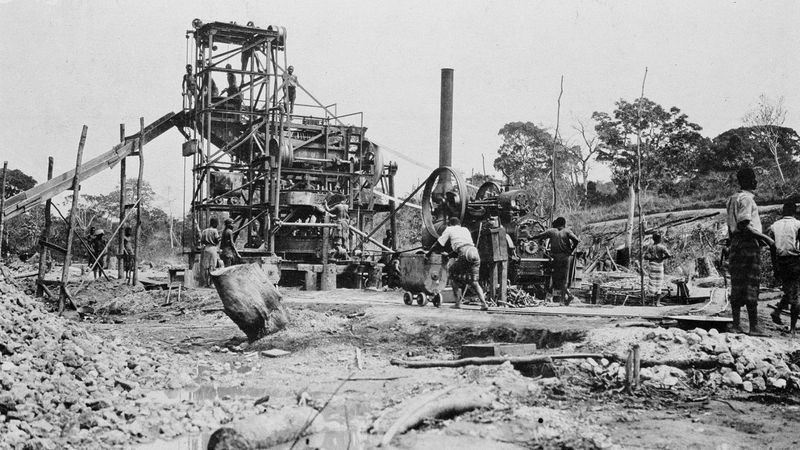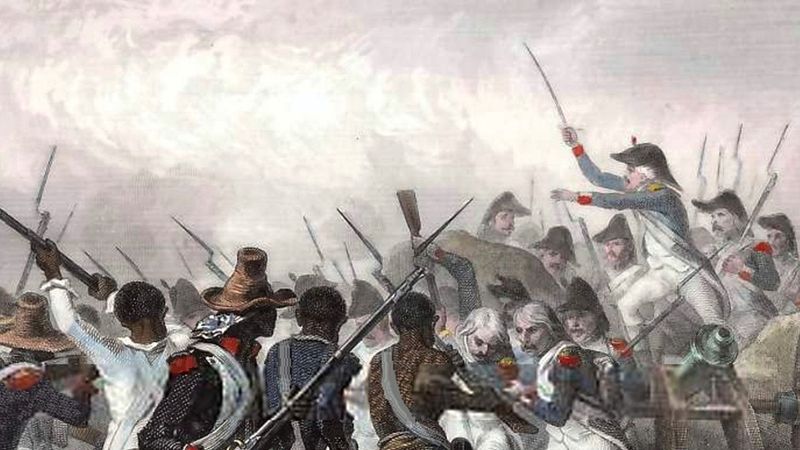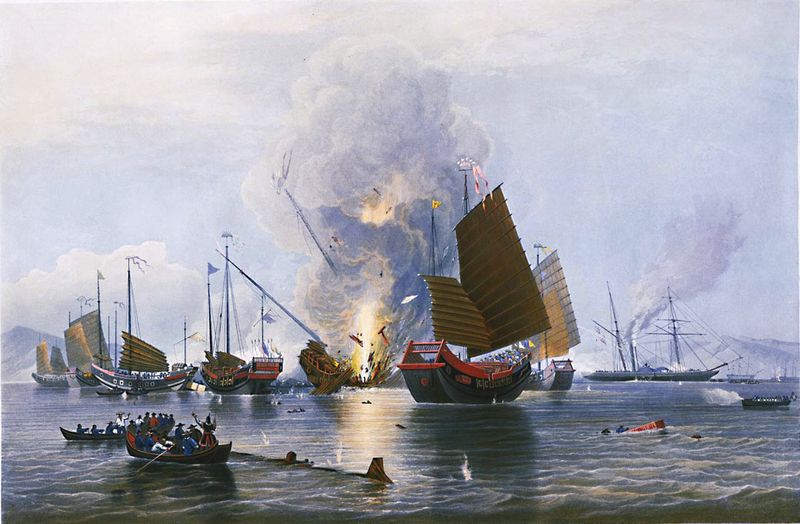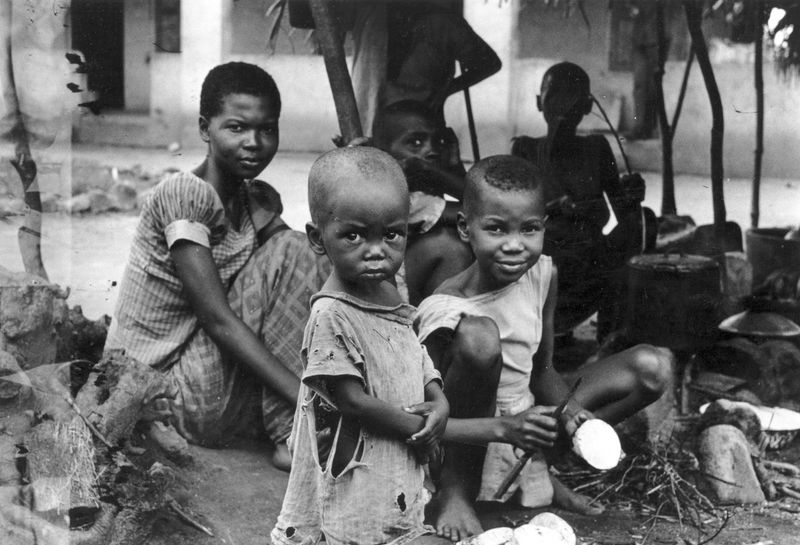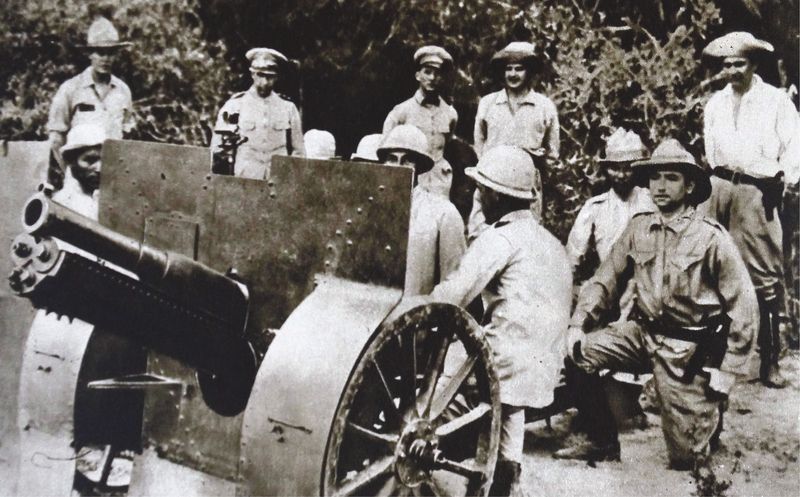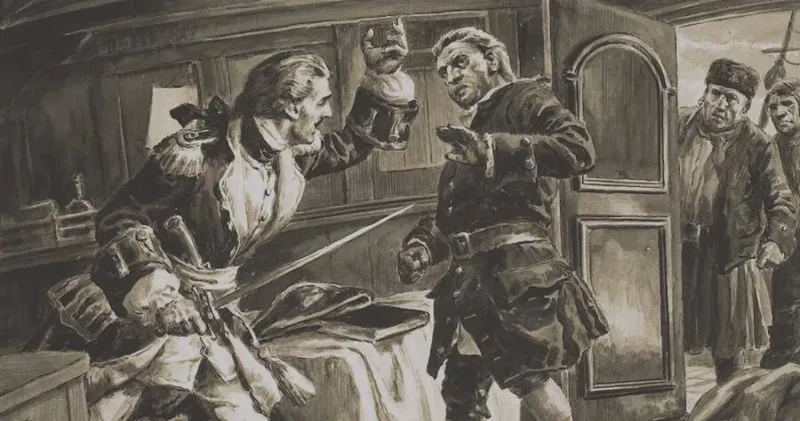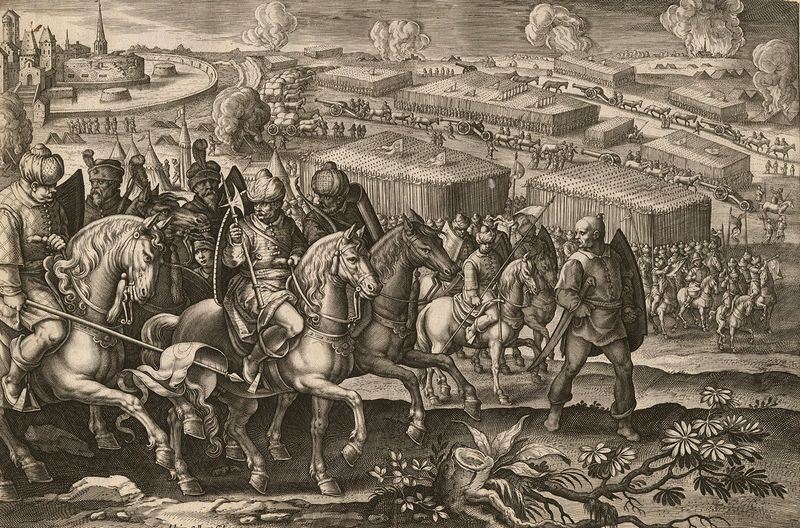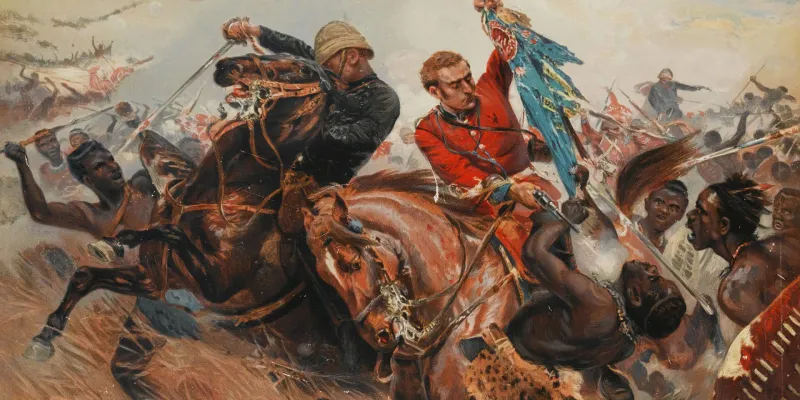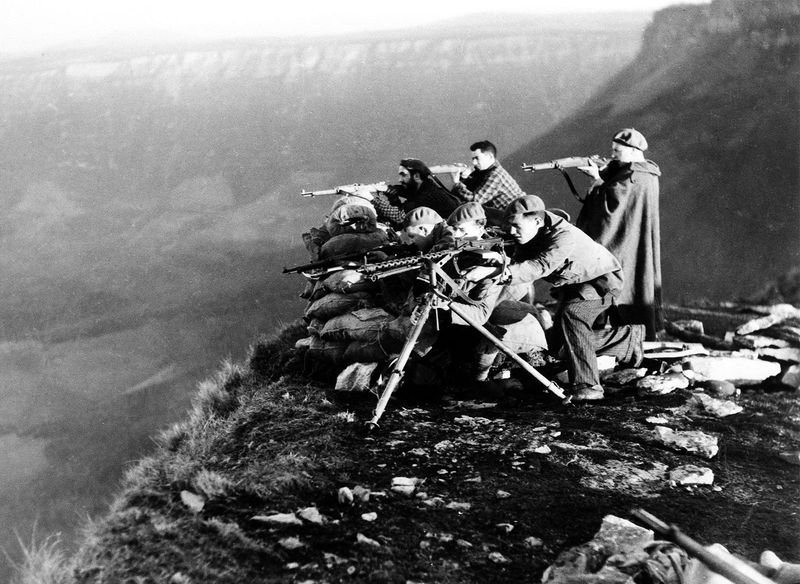While World War II often dominates discussions of historical conflicts, many other wars have significantly shaped the course of history. This article explores 19 lesser-known wars that have had profound impacts on nations and empires, influencing political landscapes, social structures, and cultural identities across the globe. From shaping modern state sovereignty to inspiring revolutionary movements, these conflicts are essential to understanding the complexities of global history.
1. The Thirty Years’ War (1618–1648)
The Thirty Years’ War ravaged Central Europe, leaving behind a trail of destruction that few could have imagined. With its religious and political roots, this prolonged conflict claimed millions of lives, altering the demographic and political map of the region.
The Peace of Westphalia, which concluded the war, laid the groundwork for modern state sovereignty. As nations arose from the ashes, their borders and governance took on new forms. Did you know? The war’s end marked the decline of feudalism and the rise of state-centered power.
2. The Seven Years’ War (1756–1763)
Often dubbed the first true “world war,” the Seven Years’ War engulfed continents and reshaped empires. At its heart lay the struggle between Britain and France, which extended to their colonial holdings.
Britain’s victory in this global conflict paved its path to global dominance, setting the stage for future imperial endeavors. Interestingly, the war’s financial strain on Britain led to increased taxation in the American colonies, sowing the seeds for the American Revolution.
3. The Napoleonic Wars (1803–1815)
Napoleon’s ambitions knew no bounds, as the Napoleonic Wars dramatically reshaped Europe’s landscape. His conquests spread revolutionary ideals, sparking nationalism across the continent.
The wars left Spain weakened, paving the way for independence movements in Latin America. As alliances shifted and power dynamics changed, Europe’s future was forever altered. Did you know? Napoleon’s legal reforms, the Napoleonic Code, influenced legal systems worldwide.
4. The Taiping Rebellion (1850–1864)
The Taiping Rebellion was one of history’s deadliest conflicts, with a death toll reaching 20 to 30 million. Under the charisma of Hong Xiuquan, a self-proclaimed brother of Jesus, discontented masses rose against the Qing Dynasty.
The rebellion weakened China’s imperial structure, setting the stage for future revolutions and reforms. Astonishingly, this internal strife lasted over a decade, deeply impacting China’s societal fabric and governance.
5. The Crimean War (1853–1856)
In the Crimean War, the might of Russia clashed with an alliance of Britain, France, and the Ottoman Empire. Yet, it was not just about territorial gains; the war exposed Russia’s military inadequacies.
This revelation led to sweeping reforms within Russia, modernizing its army and infrastructure. Additionally, the war’s medical challenges gave rise to modern nursing, championed by Florence Nightingale. Her legacy continues to influence healthcare today.
6. The Paraguayan War (1864–1870)
The Paraguayan War, also known as the War of the Triple Alliance, was a catastrophic conflict for Paraguay, resulting in the loss of up to 70% of its population. Paraguay faced off against Argentina, Brazil, and Uruguay in a bid for regional dominance.
The war reshaped South America’s political landscape, significantly weakening Paraguay and altering its borders. Did you know? The war’s devastation is unparalleled in South American history, leaving an indelible mark on Paraguay’s national identity.
7. The Russo-Japanese War (1904–1905)
The Russo-Japanese War marked a pivotal moment in history, as Japan emerged victorious over a European power for the first time. This conflict was centered around imperial ambitions in East Asia, particularly Korea and Manchuria.
Japan’s victory bolstered its imperial aspirations, while also inspiring anti-colonial movements across Asia. Interestingly, the war’s outcome highlighted the shifting balance of power in the early 20th century.
8. The Mexican Revolution (1910–1920)
The Mexican Revolution was a decade-long struggle that transformed Mexico’s political and social landscape. It saw the rise of charismatic leaders like Emiliano Zapata and Pancho Villa, who championed land reform and social justice.
The revolution resulted in a new constitution and inspired future revolutionary movements across Latin America. Interestingly, the revolution’s ideals continue to resonate in Mexico’s socio-political discourse.
9. The Great Northern War (1700–1721)
In the frosty battlegrounds of Northern Europe, the Great Northern War saw the rise of Russia as a European powerhouse under Peter the Great. Sweden’s empire crumbled, altering the region’s balance of power.
Russia’s newfound status reshaped European geopolitics, influencing alliances and territorial claims. Did you know? The war’s outcome signaled the end of Sweden’s dominance and the emergence of Russia as a formidable empire.
10. The War of the Spanish Succession (1701–1714)
The War of the Spanish Succession was a dynastic struggle that prevented the formation of a Franco-Spanish superstate. The conflict involved multiple European powers vying for influence over Spain’s vast territories.
Britain’s strategic victories solidified its ascent as a global power, while the resulting treaties reshaped the continent’s political landscape. Interestingly, the war’s resolution marked the beginning of modern diplomatic negotiations in Europe.
11. The Congo Free State Atrocities (1885–1908)
Under King Leopold II, the Congo Free State became a site of unimaginable brutality and exploitation. Millions perished under the harsh regime, driven by the relentless pursuit of rubber and ivory.
These atrocities set the stage for subsequent colonial exploitation in Africa. The international outcry eventually led to reforms and the establishment of the Belgian Congo. Did you know? The Congo Free State’s legacy remains a significant chapter in the history of colonialism.
12. The Haitian Revolution (1791–1804)
The Haitian Revolution stands as the only successful slave revolt in history, culminating in Haiti’s independence from French colonial rule. Led by figures like Toussaint Louverture, the revolution challenged the era’s racial and colonial norms.
Haiti’s victory inspired abolitionist movements globally and reshaped the narrative of freedom and equality. Interestingly, the revolution’s impact prompted fear among slave-owning nations, altering their colonial policies.
13. The First Opium War (1839–1842)
The First Opium War forced China to open its doors to Western trade, marking the beginning of its “Century of Humiliation.” The conflict arose from disputes over British opium trade and China’s sovereignty.
The resulting treaties imposed harsh conditions on China, reshaping its economic and political structure. Did you know? The war’s outcome significantly influenced China’s interactions with foreign powers for decades.
14. The Biafran War (1967–1970)
The Biafran War, or Nigerian Civil War, brought modern humanitarian crises to global attention. The conflict arose from ethnic tensions and secessionist aspirations in Nigeria, leading to a devastating famine.
The war’s impact resonated across post-colonial Africa, influencing future conflicts and humanitarian responses. Did you know? The blockade-induced famine highlighted the role of international humanitarian aid in conflict zones.
15. The Chaco War (1932–1935)
In the arid landscapes of South America, Bolivia and Paraguay clashed over the seemingly barren Chaco region. The Chaco War was a battle for national pride and strategic advantage, despite the land’s lack of obvious value.
The conflict reshaped national identities and military strategies in both countries. Interestingly, the war’s resolution established lasting borders, altering South America’s geopolitical map.
16. The War of Jenkins’ Ear (1739–1748)
A peculiar name for a forgotten war, the War of Jenkins’ Ear was sparked by the alleged severing of a British captain’s ear by Spanish forces. This conflict merged into larger European wars, escalating colonial rivalries.
The war’s impact extended beyond its quirky origin, influencing subsequent treaties and territorial claims. Did you know? The war illustrated the volatile nature of colonial competition during the 18th century.
17. The Great Turkish War (1683–1699)
The Great Turkish War marked the halt of Ottoman expansion into Europe, culminating in the decisive Battle of Vienna. The conflict saw a coalition of European powers push back Ottoman forces, preserving European territories.
The war’s resolution led to the Habsburgs’ rise as a dominant power in Central Europe. Interestingly, the war’s outcome shifted the balance of power in the region, influencing future European alliances.
18. The Anglo-Zulu War (1879)
Despite initial Zulu victories, the Anglo-Zulu War’s outcome accelerated the Scramble for Africa. The conflict arose from British imperial ambitions and Zulu resistance in Southern Africa.
The war highlighted the complexities of colonial expansion and indigenous resistance. Did you know? The battle of Isandlwana remains one of the British Army’s most significant defeats in colonial warfare.
19. The Spanish Civil War (1936–1939)
The Spanish Civil War served as a precursor to World War II, testing tactics like blitzkrieg and aerial bombing. It was a battleground of ideologies, as fascist and communist forces clashed for control of Spain.
The war’s outcome shaped Spain’s future and influenced global perceptions of fascism and communism. Interestingly, the conflict drew international volunteers, highlighting global ideological divides.
